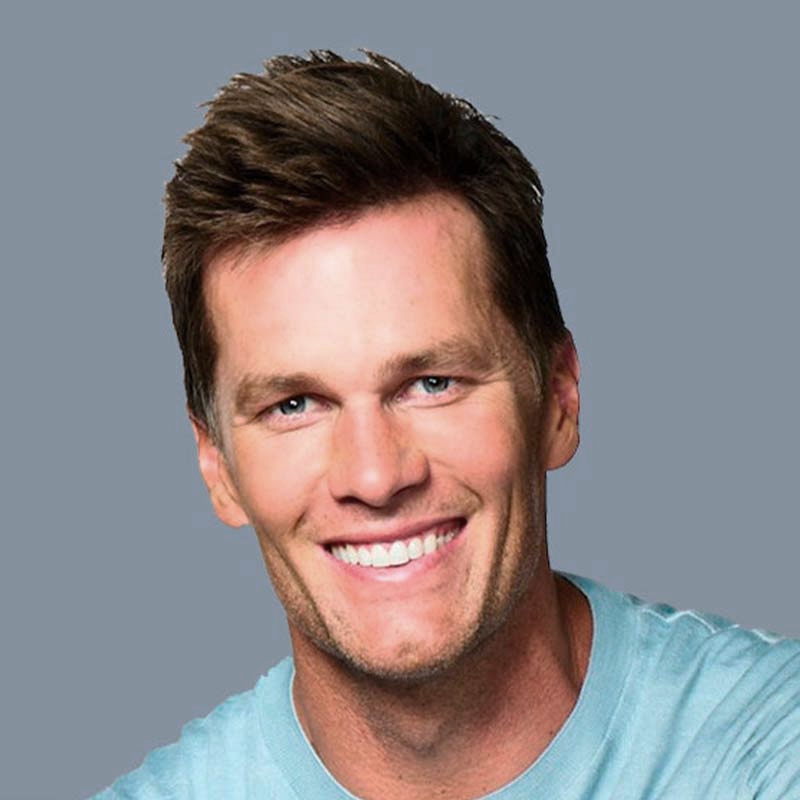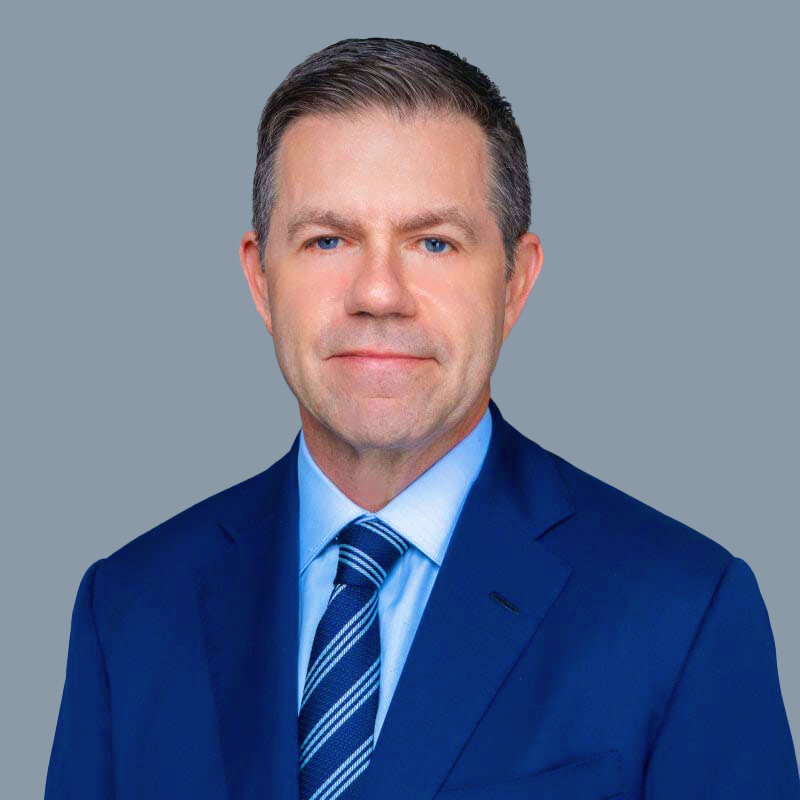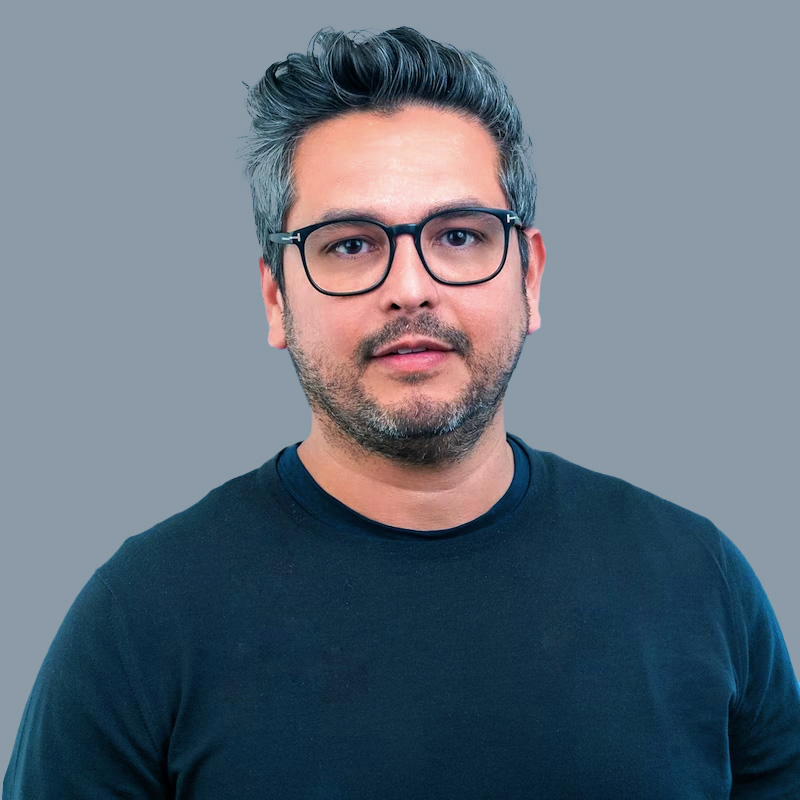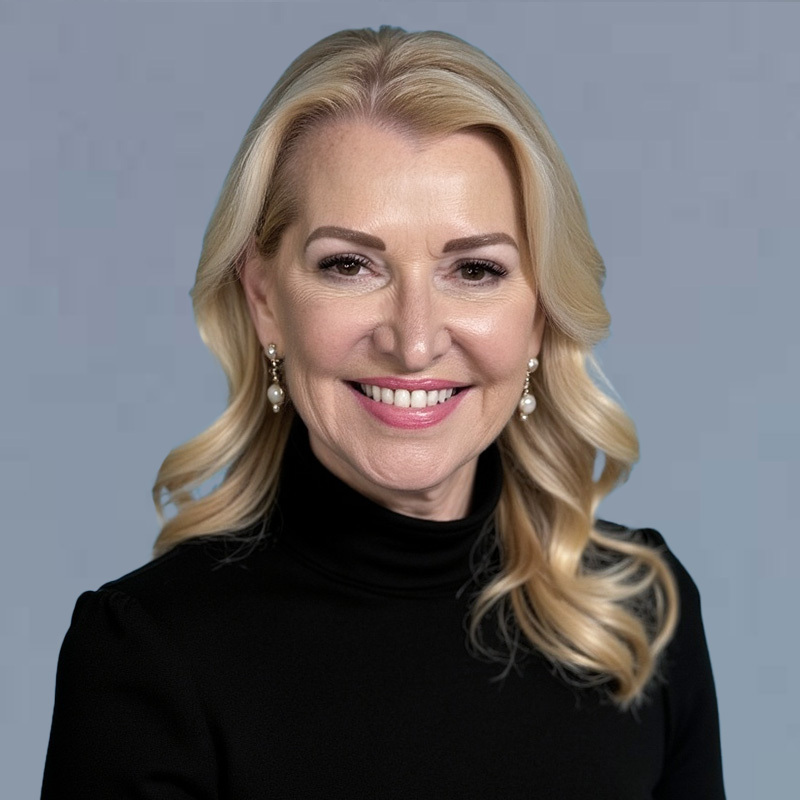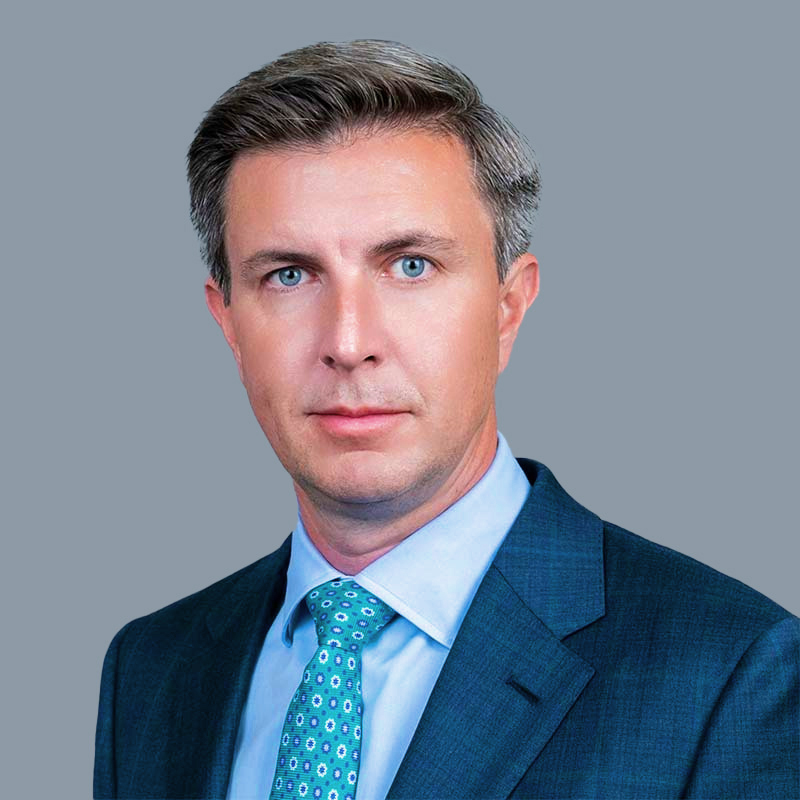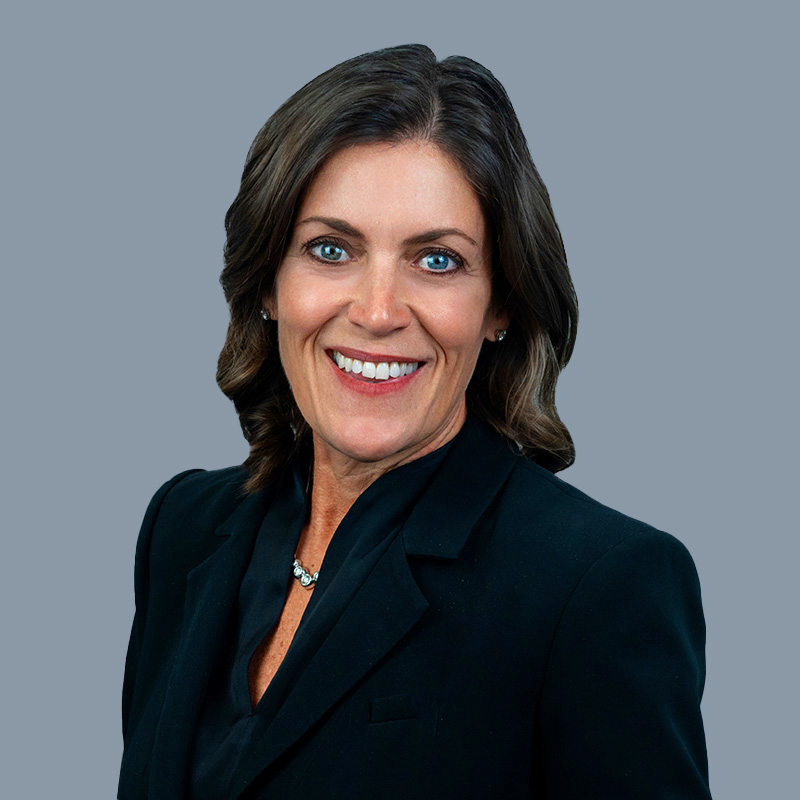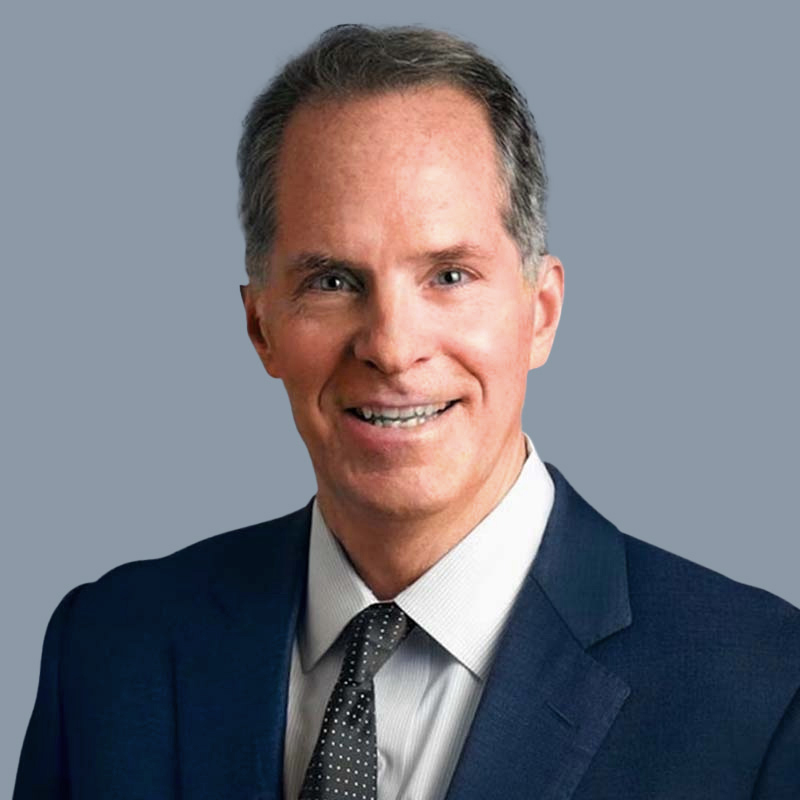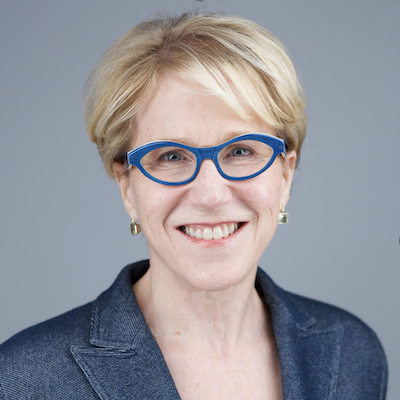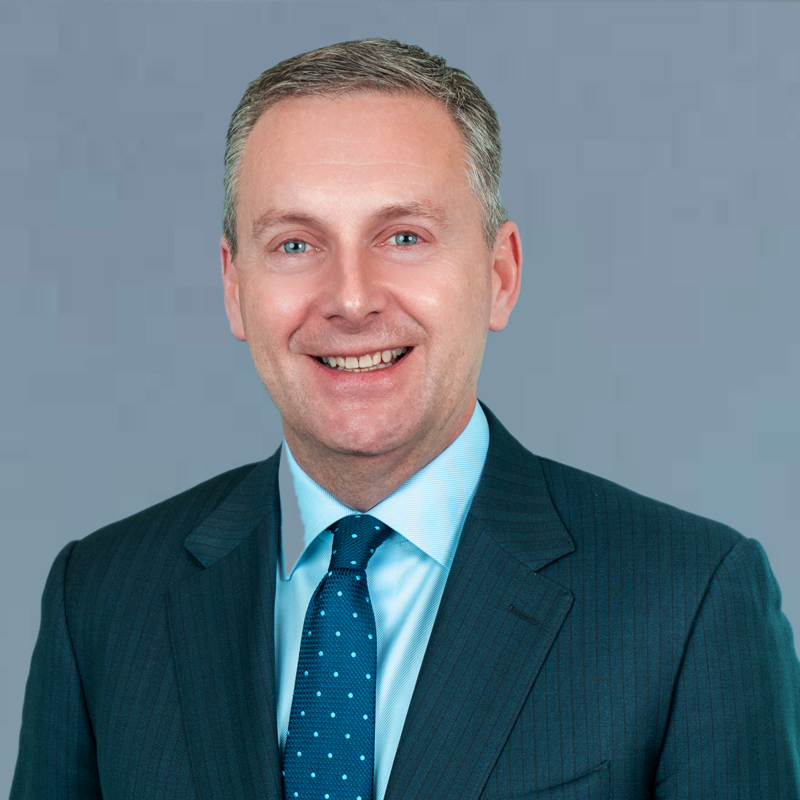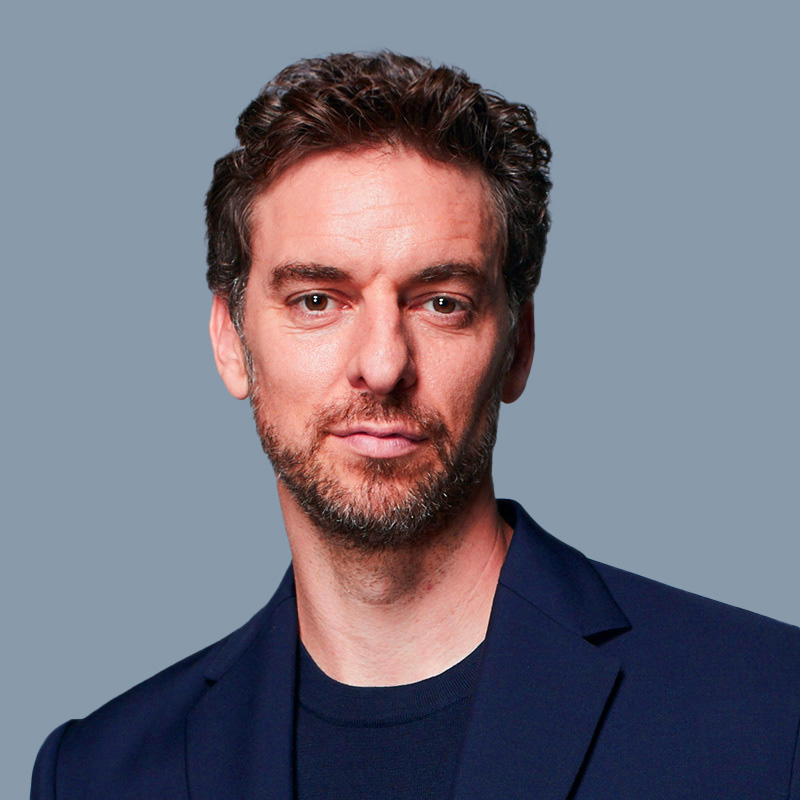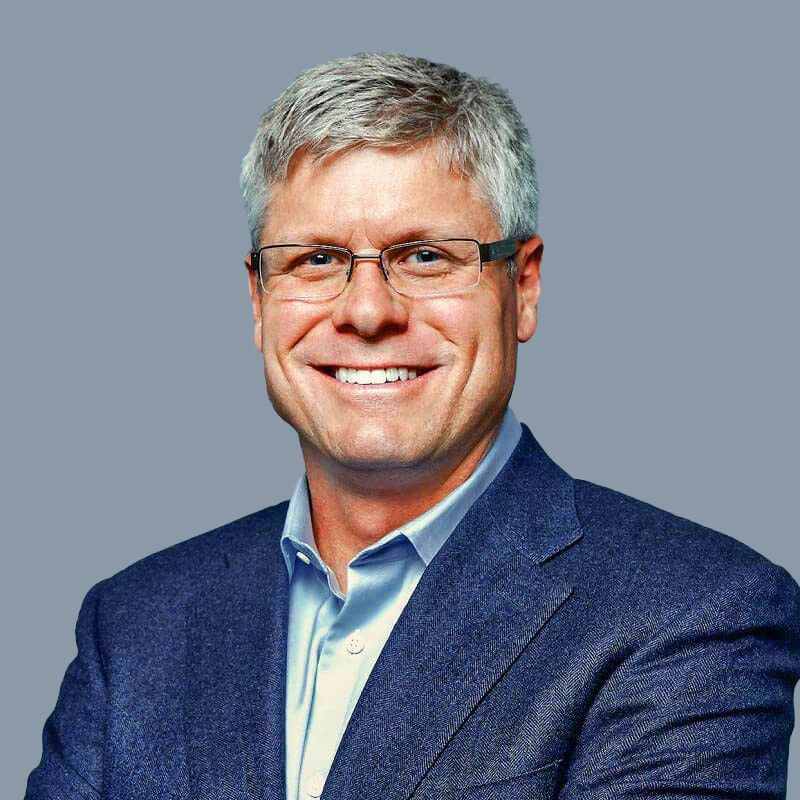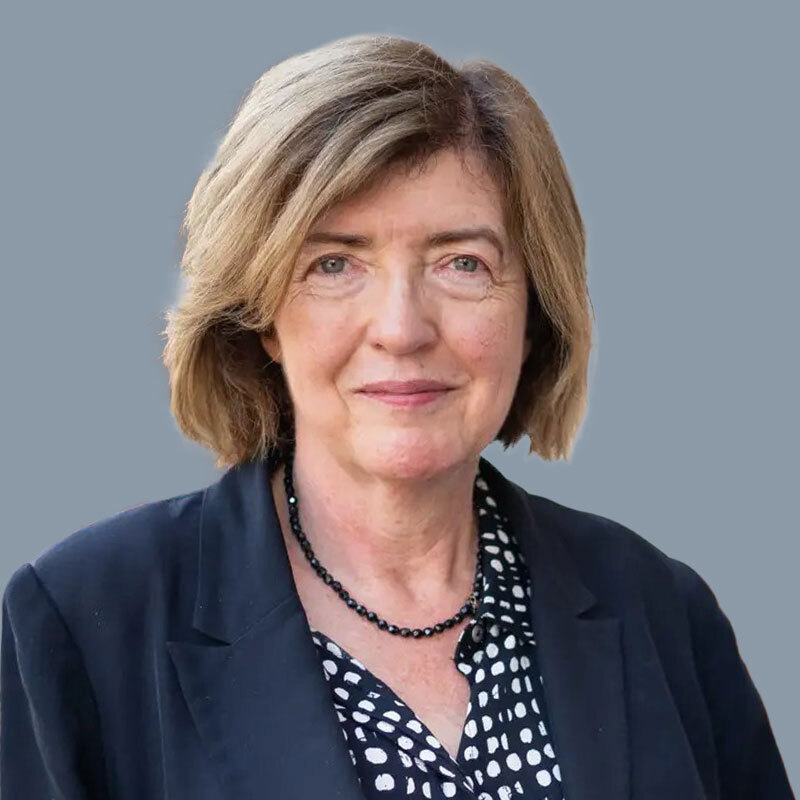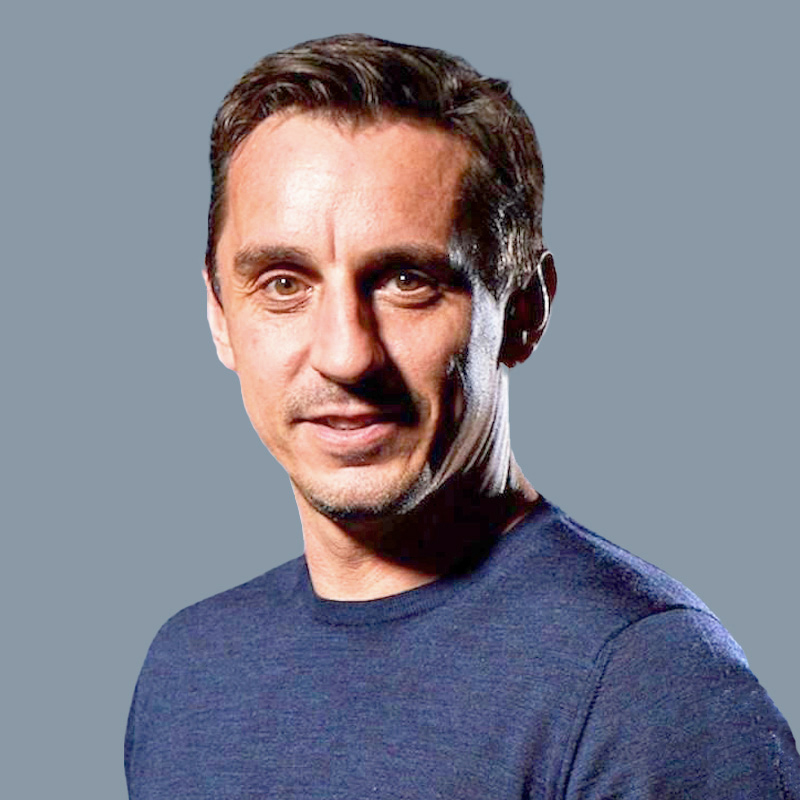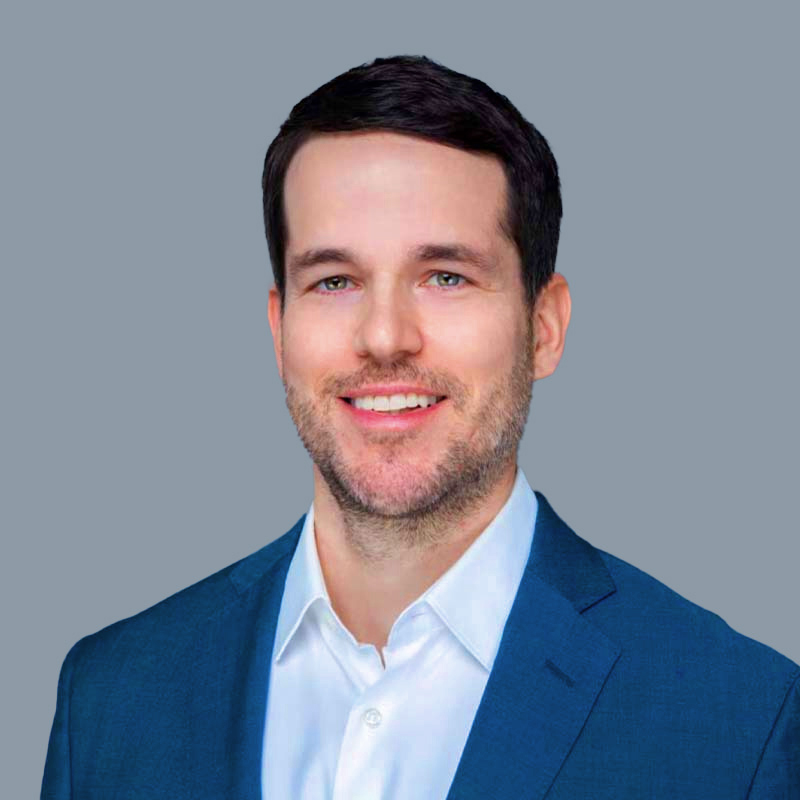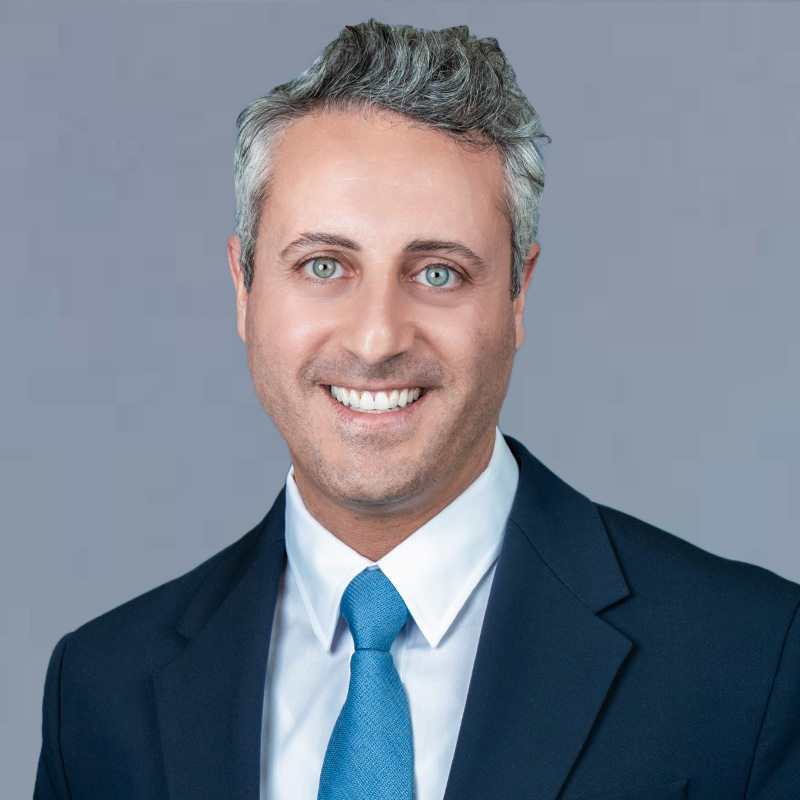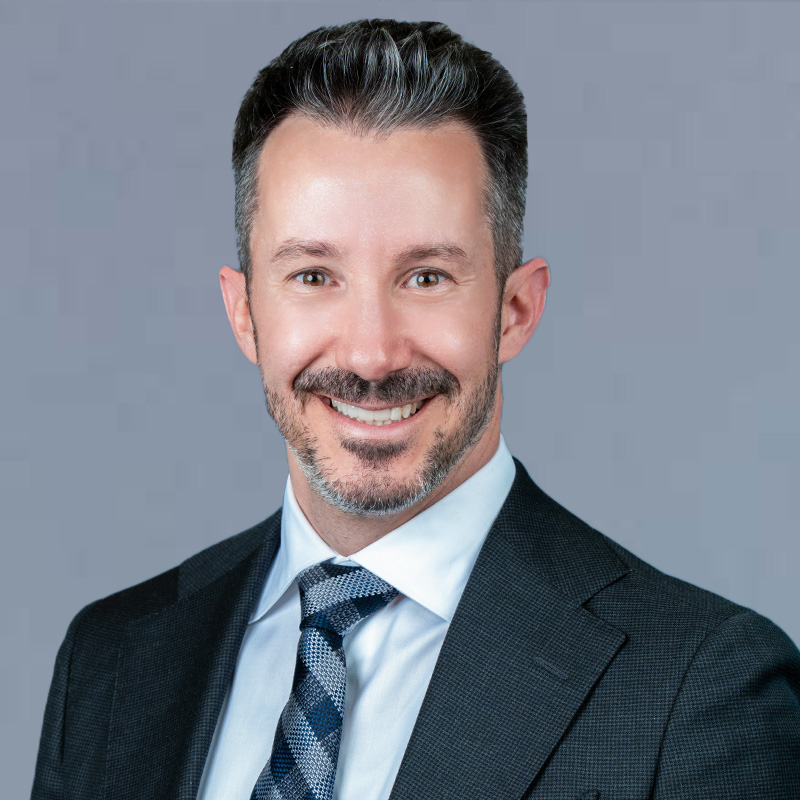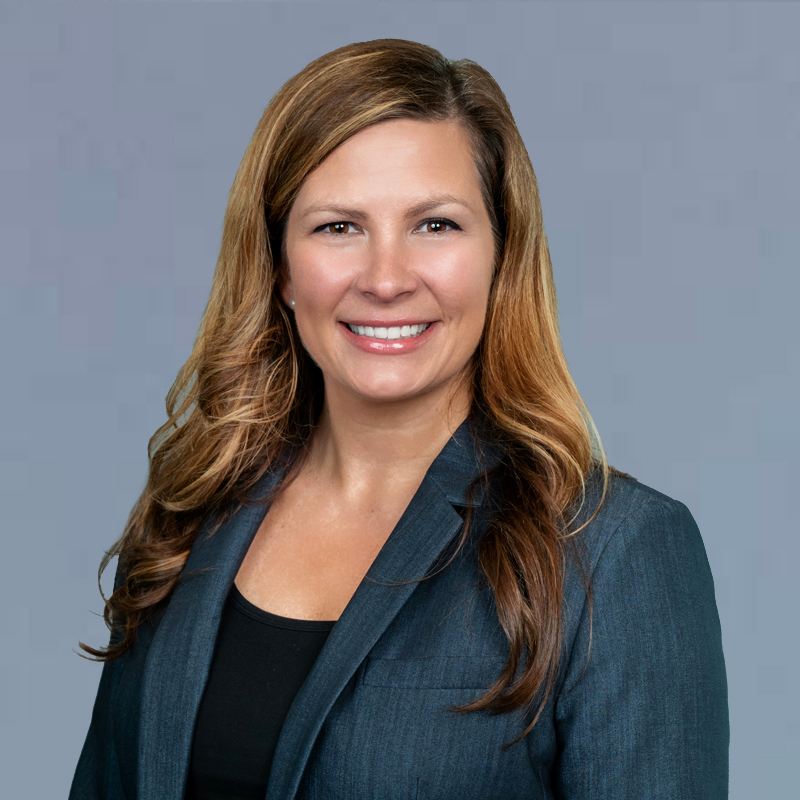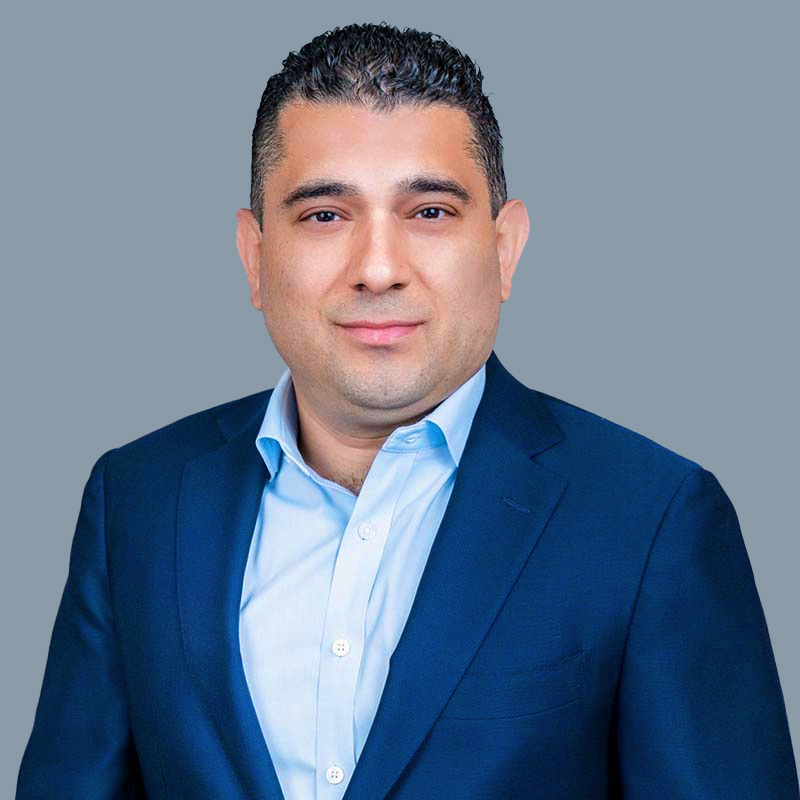

Executive Perspectives
QWhat is your leadership philosophy and how does this translate into your businesses?
Great leadership always starts at the top, and the key to leadership is accountability; you have to be willing and able to hold people accountable; leaders also need to hold themselves accountable.
With any sort of team – on or off the field – there are two parts to creating accountability. One, you care about the people you work with, and two, you harbor a genuine passion for what you’re trying to accomplish. When people focus singularly on themselves and their own personal agenda – what is in it for them as opposed to what the mission of the business or the team is about – that’s where things can easily fail.
Another important thing to note is that as a leader, you can only ever ask someone to do something you’re willing to do yourself; it’s hard to hold people accountable if you feel like you’re above any particular job being asked. For example, when I played football, I viewed every person associated with the team as playing an equally important role; I didn’t care whether they cleaned a locker room or owned the team.
With any sort of team – a sports team or a business – there always needs to be a culture of respect that allows everyone to show up and work with the best possible attitude so that they can collectively achieve the goals and the mission of what the team has set out to do.

I embrace new ideas because they are a path towards new sources of growth. I am always focused on what I can learn from the new people in my life.
- Tom Brady | Partner & 7x NFL Super Bowl Champion
Q Football is very much a team sport. And you are iconic for building successful teams and developing successful relationships with your teammates, your own coaches, NFL leaders and the list goes on. How do you get the best out of yourself and your team?
Achieving peak performance means constantly holding yourself to a certain standard, and then, once you begin to reach some of your goals, it becomes about how you maintain that path and stay consistent in that success over time.
Most importantly, you need humility and an understanding that you must continually adapt to meet new circumstances, challenges, and opportunities. You are always going to face adversity. How you handle that adversity is instrumental in defining who you are as a leader; it allows others to see you as someone they can trust and learn from and collaborate with. I was around a lot of younger players for a long time; after about ten years in the league, almost everybody was younger than I was. But it wasn’t about me walking in and saying, ‘Hey, I’m Tom Brady. I’ve accomplished a lot. Why don’t you guys just listen to everything I say?’ So often, leaders become too fixated on what they want to happen, which, don’t get me wrong, is a vital part of the equation, but team collaboration will always yield the best results, whether it’s a sports team or a business.
I embrace new ideas because they are a path towards new sources of growth. I am always focused on what I can learn from the new people in my life. I was very fortunate in football to have the opportunity to do that quite a bit. There was a cycle of new players every single season, and we had to continually reinvent who we were and what we were trying to accomplish each year.
Q All leaders were, at one point or another, mentees. Can you talk about some of your mentors? What impact did they have on your career? What were the most important lessons you learned from them?
I believe that I’ve learned something from every single person I’ve interacted with, but there are, of course, certain people that have made particularly significant impacts on my life. To start, I had a wonderful upbringing and a family that always supported everything I was trying to accomplish in sports and school.
As I began to progress in my career, I had different people share different types of knowledge and a variety of perspectives that helped me to develop. As a result, I believe there are physical, mental, and emotional components to actualizing your full potential.
So, different people came into my life that helped me develop in all three areas. My dad – Tom Brady Sr. – was one. He was always there to support and care for me and embrace the different things that I wanted to accomplish.
I was taught how to throw the football when I was 12 years old by coach Tom Martinez, an incredible mentor of mine that helped me for over a decade to become a better football player.
I met a sports psychologist in college – Greg Harden – who helped cultivate my mental and emotional state in how I approached the football field. He forced me to embrace the challenges that came with the newness I was facing in a very competitive college athletics environment.
Then I got drafted by the Patriots, and Bill Belichick came into my life; he pushed me every day to be my best. And frankly, sometimes, I didn’t want to be pushed that hard. But when you’re pushed by someone you really respect, you rise to the occasion. And I was fortunate to be coached by Bill for 20 years.
I met Alex Guerrero, my best friend and body coach, who challenged me to take on a different lifestyle to achieve peak performance. He taught me how to care for my body, including what I ate and drank, how I worked out, and how I recovered so that I could be the type of athlete I wanted to be over a longer period of time. He’s still someone I admire so much for his commitment to and passion for what he does.
So there are people like that who come into your life along with countless others – players, teammates, and competitors – that I always looked up to and felt I could learn something from. Being a lifelong learner is so important; it’s been a crucial aspect of my personal and professional growth.
Q Mental toughness. It’s probably even more important than physical fitness. What have you learned about resilience over the years?
We’re all challenged every day to wake up and fight the one person on your shoulder who is telling you, ‘Hey, just rest a little bit,’ or is trying to convince you to do something to sidetrack you from your goals. Mental toughness is about understanding what you’re trying to accomplish and not letting anything distract you from that mission.
Many people settle down in their comfort zone and get stuck there; they don’t want to move beyond that because it’s nice, warm and cozy. Mental toughness is about challenging yourself to push out of that zone of complacency so that you can face the obstacles that will help you to evolve. And when you can reach that kind of breakthrough, you gain the confidence that provides the momentum you need to keep achieving.
No one is born knowing everything or being able to do everything in the best possible way. So, we have to work and struggle to develop resilience and self-confidence, and when those traits become an innate part of your being, you can accomplish great things.
Q On that note, people can relate to your being the 199th player picked in the NFL Draft more than they can your being a 7-time Super Bowl champion. So, what advice would you give, from the perspective of someone who was overlooked in a sense but has then gone on to massively overachieve based on that start?
Being overlooked as a young player was a real blessing because I had the opportunity to learn without people paying attention. So many guys are thrust into positions with so much expectation and pressure at such a young age. I was very fortunate that there wasn’t that same amount of pressure on me. I had an opportunity to grow into my body. I had a chance to work behind the scenes, to develop confidence in myself so that when people were paying attention, they looked at me and said, ‘Wow, this guy is really capable of helping us.’ But I also had to work hard over a long time, from the time that I was drafted to the time that I ultimately started playing, to catch up to a lot of the other players who were more developed, who had more experience, and who were just simply better than I was.
So, I think in a lot of ways, being overlooked – even though I don’t think anytime you’re drafted, you’re necessarily overlooked – did result in me developing a chip on my shoulder where I wanted to prove to everyone that they were wrong – certainly the teams that didn’t choose me. And with the team that chose me – the New England Patriots – I wanted to prove them right and work really hard every day to prove to them, as well as everyone else, that I was very capable of leading our team to a championship.
Q Tom, a huge part of your success in football can be attributed to your ability to think strategically and synthesize large amounts of information quickly. Have you trained yourself to do this or is this something that comes naturally for you?
There has always been an innate part of my ability to take in lots of information. Especially as an athlete, the more information I got, the more I could see and understand, and the better I could perform on the field.
For example, when I first got drafted by the Patriots, I was sitting in a room with a lot of experienced players processing tons of information. I had to study incessantly to get up to speed on where those other guys were. And as time went on and I got more and more information, I could better synthesize and apply that information. And I sought that extra time to study and prepare whenever possible. So, for example, for the playoffs and the Super Bowl, I had more time to prepare. Those were some of my best games because I could take in all the information from the entire season and then go out on the field armed with that knowledge and use it to anticipate many of the things that were going to happen so that I could play with maximum confidence.
Q Performance under pressure - it’s a bit of a cliché topic, but you have it coming at you from all angles - whether it’s a 300 lb. lineman or the media scrutinizing your every move; how do you find success and calm in that sort of environment?
The first thing you need to do is recognize that there is a lot of pressure and be able to embrace it because if you try to keep yourself from experiencing pressure situations, you’re never going to grow from them. Certainly, I have not achieved under pressure as often as I would have liked. I’ve failed many times, but when you fail, you can get discouraged, or you can let that motivate you to perform better in the next opportunity you get.
I deliberately placed myself in pressure-heavy situations in college, often during practice, before I ever took the field, to make sure that when I did get my opportunity, I would take advantage of it.
It really comes down to continually putting yourself to the test. You must constantly push yourself to prepare for those moments – when it matters, and all eyes are on you; you never know when that door will open and that opportunity will present itself.
With that mindset, you are conditioned to deal with some pressure. Then when you are actually in the arena and add a lot of adrenaline to it, you have that combination of preparedness and confidence needed to perform your best – and perform better than your competition.
Q Obstacles – life and business are full of them. You are a natural entrepreneur and have founded various business ventures. Can you talk about some obstacles you have faced and how you overcame those? What did you learn?
There will always be obstacles, and I’ve faced my fair share, personally and professionally. And you’re not always going to get a yes response. In fact, you will probably get many more nos.
Life often comes down to how you deal with the challenges you’re faced with and acknowledging that it’s not going to go exactly the way you want it to all the time. So, what can you do about it? You can get upset and complain about things not going your way. Or you can try to control the things you can control and put as much energy, enthusiasm, and positivity into them as you can.
You’ve got to go make your own opportunities. I’ve always felt like I tried to make things happen. I didn’t wait for things to come to me. If I wanted something, I was going to pursue it.
Q Mental and physical fitness; can you talk about your self-care routine? How does it impact your performance and who you are as a person? How has it impacted your career over the years? What can business leaders take away from this?
I was fortunate to have a job where my body was my main asset. I had to take care of myself, or I wouldn’t have been able to make a career out of being a professional athlete.
I learned a lot of things over the last 23 years about how to take care of myself physically; I treated my body in a way that allowed me to recover well, sleep well, and train well because those are the only things that were going to allow me to continue to get better every year. But unfortunately, so many people don’t fully value this one asset that we have; they take it for granted, but we do, in fact, become what we think, eat, and drink. And I’m not saying we can’t have moments where we enjoy whatever we want to enjoy. We certainly can. But at the same time, it was very important to try to do the best I could because I made a big commitment to the organizations that believed in me, so I wanted to make sure I was always giving my body the best chance to perform.
I had to be disciplined about my diet to keep my inflammation rates low. Second, I had to recover from games as quickly as possible, which I did through many pliability treatments with my body coach Alex Guerrero. Third, I had to train the right way and train smarter as I got older because there was less tread on the tire. Finally, as the leader, I had to think positively because I always wanted to remain hopeful about what we were trying to accomplish.
Q When everyone else had other ideas for you and what your career should be, how did you ignore the noise and the opinions of others?
I always believed in myself, and looking back now, I realize that thinking was, in some ways, very naïve. I didn’t realize how hard it would be to play a professional sport. I didn’t realize how hard it would be to have a career as a professional football player for as long as I did.
There’s the well-known saying, ‘Ignorance is bliss.’ And that was the case with me because I wasn’t necessarily considering the odds. Instead, I was too focused on pursuing my dream.
My first love was playing football, and it was competing, and it was being a member of a team, and it was trying to accomplish a goal. All of those things fulfilled me and gave my life purpose. No one ever tried to dissuade me from that. They cautioned me and told me it might not work out and that I should consider other career paths. But my dream was to play sports and ultimately win championships, and the reality that came with beginning to actually achieve some of those dreams built up their validity and then gave me the momentum to continue to accomplish those things. So, I doubled down on the things that worked and tried to eliminate the things that didn’t work. People often ask me, what should I do? What’s your advice? And I would say that nothing changes overnight. You must become aware of what you’re doing, focus on the things that work and try to continually repeat those things, and have the discipline to do so over a long time, which allows for the gradual build towards lifetime success.
Q What are you most interested in accomplishing off the field? How do you think the skills you’ve learned during your time as an athlete, quarterback, and team leader will be applicable?
In this new phase of life, I’m trying to do a lot of what I did in the first part of my life differently. For example, I always tried to be a strong role model for people. I knew that there were a lot of eyes on me. And that has inspired me to think about the other things I can do to impact people in a positive way going forward.
I believe in all the businesses I’m associated with, because we’re doing a lot of good with each one. Having a new purpose and really loving the people I’m working with are the two things that bring me the most joy. You can accomplish great things when you have the right moral compass and surround yourself with the right people. And I’ve been very fortunate to have an amazing group of people around me, helping me achieve those things and calling me out when they don’t see me acting in a way that is in line with accomplishing the goals that I’m working toward.
Q Looking to the future, how will the qualities of a leader change? What will be the most important qualities for the next generation of leaders?
Leadership comes in a lot of different forms. But the fundamentals of leadership will not change. In the end, caring about the people you work with and what you’re accomplishing is what leadership will still be all about.
At our core, humans are very similar to what we’ve always been. We want to do purposeful things with people we love being around and continue to create success in life because we realize that we’re here for a short time. The impact we have on our families and communities is very important.
The views and opinions expressed herein are solely those of the individual authors and do not necessarily represent those of The Consello Group. Consello is not responsible for and has not verified for accuracy any of the information contained herein. Any discussion of general market activity, industry or sector trends, or other broad-based economic, market, political or regulatory conditions should not be construed as research or advice and should not be relied upon. In addition, nothing in these materials constitutes a guarantee, projection or prediction of future events or results.
